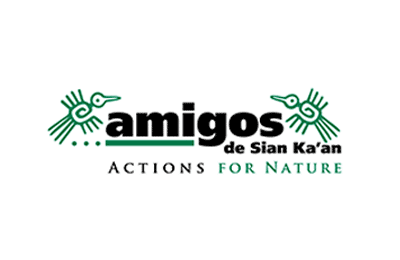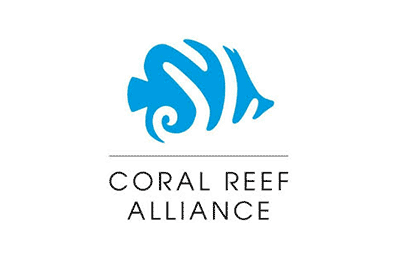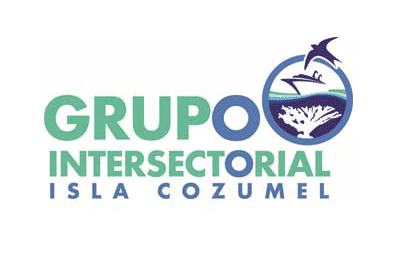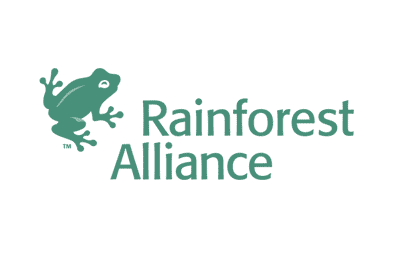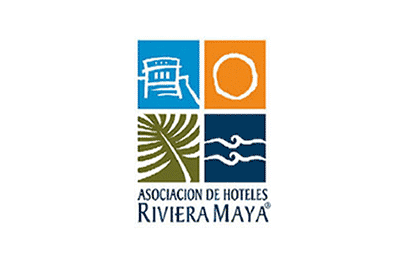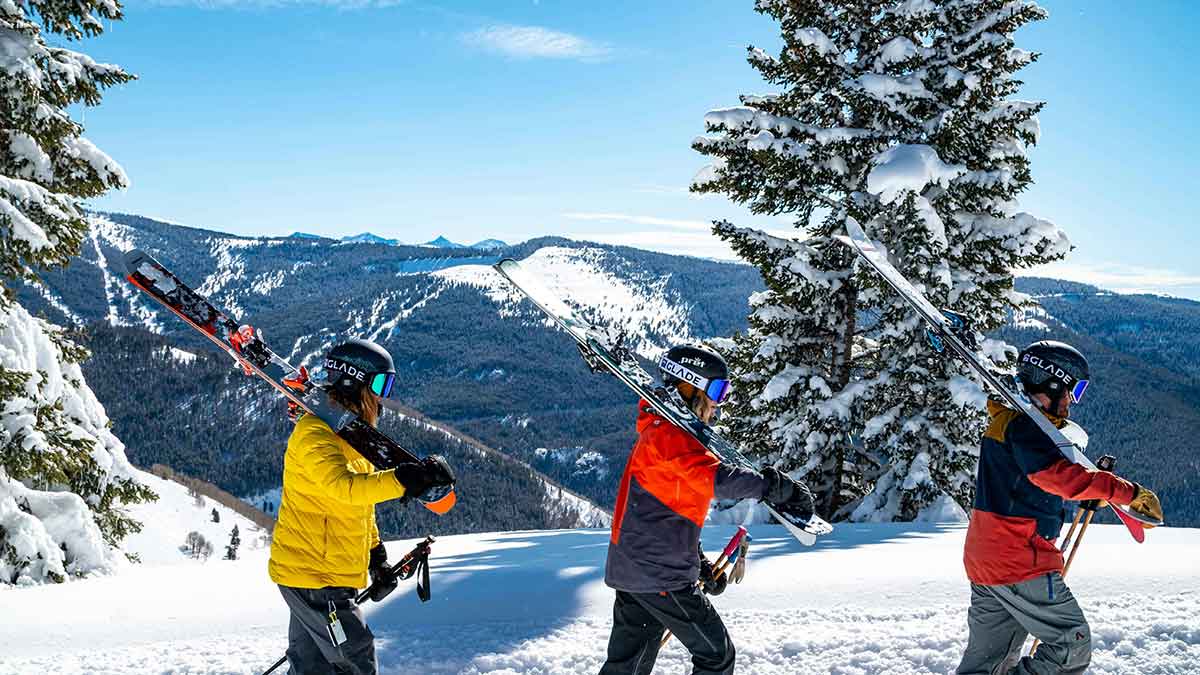The MesoAmerican Reef Tourism Initiative (MARTI) works with 130 hotels in Quintana Roo to help them improve their sustainability programs. The Sustainable Hospitality Program has been incredibly successful, helping hotels implement programs that reduce guests’ carbon footprint during their stay. The Palladium Hotels and The Bahia Principe Hotels are two hotel chains that have made particularly significant efforts to reduce the environmental impacts of their operations.
Tourism accounts for 8% of global CO2 emissions. In Quintana Roo, where there are more than 900 hotels and 88,000 rooms. The tourism industry generates high carbon emissions and is very vulnerable to the consequences of climate change, such as rising sea levels and natural disasters like Hurricane Wilma, which devastated the industry in 1995.
Our Role
To help hoteliers confront these challenges and position Quintana Roo as a low-emission destination, MARTI included new evaluation criteria for the reduction of carbon footprints in its Environmental Management System, in which 130 hotels participate. In 2012, the Riviera Maya Hotel Association (Spanish acronym AHRM) began working with 10 hotels- with a total of 6,610 rooms, to implement the new criteria, measure the hotels’ carbon footprints to establish a baseline, and create action plans to reduce them.
“The action plans include measures to reduce energy consumption and direct emissions that are related to power plants, refrigerant gases and vehicle emissions. We further propose that hotels adopt programs to offset their footprints by purchasing carbon credits,” said Fernando del Valle, operations manager of the AHRM’s Sustainable Hospitality Program.
All hotels participating in the MARTI program have made efforts to save energy by replacing lighting, heating, air conditioning and refrigeration equipment with energy efficient models. However, these 10 hotels expanded their efforts by voluntarily pledging to reduce their carbon footprints 3-5% by 2017. This represented a reduction of more than 5,800 tons of CO2 — equivalent to the annual emission of 969 cars.
The Palladium Hotels, one of the largest hotel groups of the Riviera Maya, participated in this initiative. Between 2014 and 2015, they achieved a 15% reduction in greenhouse emissions, going down from 16.4 kg of CO2 per guest per night to 13 kg. The hotels adopted measures that include the installation of occupancy sensors in guest rooms that automatically adjust the temperature and eliminate unnecessary air-conditioning; new software that allows the hotel to control the climate in all facilities and guest rooms; and the replacement of its cars with electric vehicles.
The Bahía Príncipe Hotels also worked to reduce their carbon footprint. They’ve implemented energy and gas reduction practices similar to the Palladium, and built electric vehicles to replace the automobile fleet used for internal tourist transportation. “Our goal [was] to reduce emissions from transporting our guests to zero by 2016,” noted Manuel Jesús Gómez García, Deputy Director of maintenance for Bahía Príncipe.
MARTI’s partner the Asociación Amigos de Sian Ka’an (Spanish acronym ASK), together with the Ministry of Tourism, the Ministry of Environment, and the EarthCheck certification and advisory group, made a major contribution to carbon reduction efforts by developing the first carbon footprint inventory for the hotel industry in Riviera Maya—it was also the first one done in Quintana Roo–, calculated in 31.47 kg of CO2 per guest per night. ASK also produced and disseminated a climate change mitigation strategy and an adaptation manual for the tourism sector.
“Data from the inventory and the measures proposed in our strategy and manual were included by the Government in the State Action Plan for Climate Change and they will be useful to the Low Carbon Emissions Strategy for Tourism in Quintana Roo,” noted Gonzalo Merediz, executive director of ASK.
Twelve hotels have signed additional agreements with ASK and EarthCheck to further reduce their carbon footprints and advance adaptation to climate change. EarthCheck will conduct monitoring and give them technical advice on lowering their energy consumption and reducing pollutant gases, as well as carrying out efforts to reforest mangroves, respect the shoreline and make their infrastructure less vulnerable to extreme weather events.
Location

Destination: Mexico

Region: Mesoamerican Reef
Dates
2012 – 2018
Program
This project was part of the MesoAmerican Reef Tourism Initiative (MARTI), a collaborative program that engaged the tourism industry in protecting the health of the Mesoamerican Reef while generating community benefits. Sustainable Travel International was a founding partner of MARTI and the initiative’s secretariat.
News & Stories
Protect the Places You Love
Help conserve our planet’s most vulnerable destinations and empower the people who live there.



